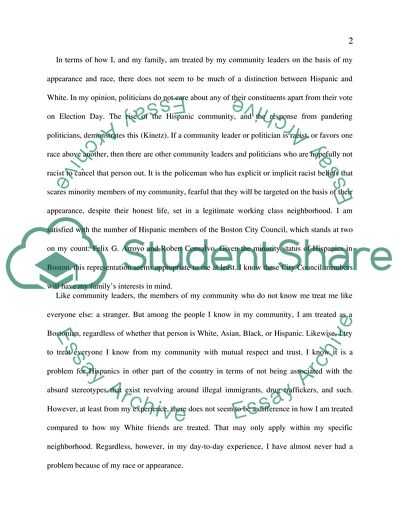Cite this document
(“Not Found (#404) - StudentShare”, n.d.)
Not Found (#404) - StudentShare. Retrieved from https://studentshare.org/sociology/1743067-race-in-your-community
Not Found (#404) - StudentShare. Retrieved from https://studentshare.org/sociology/1743067-race-in-your-community
(Not Found (#404) - StudentShare)
Not Found (#404) - StudentShare. https://studentshare.org/sociology/1743067-race-in-your-community.
Not Found (#404) - StudentShare. https://studentshare.org/sociology/1743067-race-in-your-community.
“Not Found (#404) - StudentShare”, n.d. https://studentshare.org/sociology/1743067-race-in-your-community.


